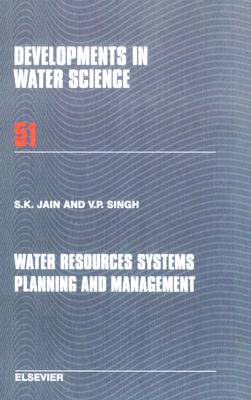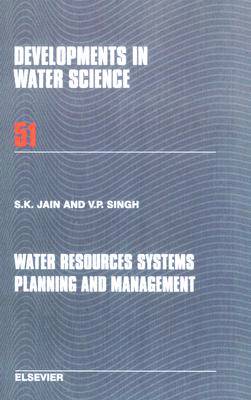
- Afhalen na 1 uur in een winkel met voorraad
- Gratis thuislevering in België vanaf € 30
- Ruim aanbod met 7 miljoen producten
- Afhalen na 1 uur in een winkel met voorraad
- Gratis thuislevering in België vanaf € 30
- Ruim aanbod met 7 miljoen producten
Omschrijving
Part 2 Decision Making, is a bouquet of techniques organized in 4 chapters. After discussing optimization and simulation, the techniques of economic analysis are covered. Recently, environmental and social aspects, and rehabilitation and resettlement of project-affected people have come to occupy a central stage in water resources management and any good book is incomplete unless these topics are adequately covered. The concept of rational decision making along with risk, reliability, and uncertainty aspects form subject matter of a chapter. With these analytical tools, the practitioner is well equipped to take a rational decision for water resources utilization.
Part 3 deals with Water Resources Planning and Development. This part discusses the concepts of planning, the planning process, integrated planning, public involvement, and reservoir sizing.
The last part focuses on Systems Operation and Management. After a resource is developed, it is essential to manage it in the best possible way. Many dams around the world are losing some storage capacity every year due to sedimentation and therefore, the assessment and management of reservoir sedimentation is described in details. No analysis of water resources systems is complete without consideration of water quality. A river basin is the natural unit in which water occurs. The final chapter discusses various issues related to holistic management of a river basin.
Specificaties
Betrokkenen
- Auteur(s):
- Uitgeverij:
Inhoud
- Aantal bladzijden:
- 882
- Taal:
- Engels
- Reeks:
- Reeksnummer:
- nr. 51
Eigenschappen
- Productcode (EAN):
- 9780444514295
- Verschijningsdatum:
- 12/09/2003
- Uitvoering:
- Hardcover
- Formaat:
- Genaaid
- Afmetingen:
- 173 mm x 249 mm
- Gewicht:
- 1546 g

Alleen bij Standaard Boekhandel
Beoordelingen
We publiceren alleen reviews die voldoen aan de voorwaarden voor reviews. Bekijk onze voorwaarden voor reviews.











